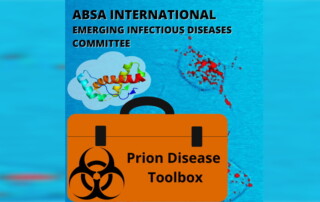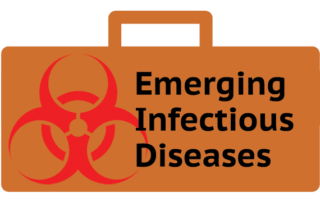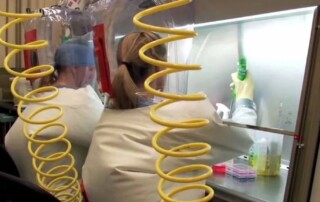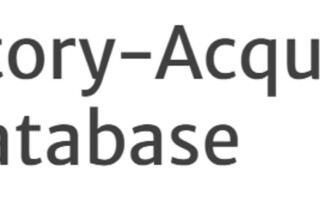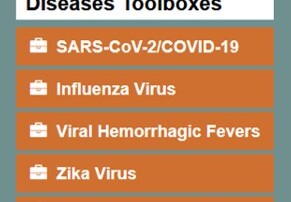Prion Toolbox: For Navigating the Challenging Field of Misfolded Proteins
Prions are misfolded proteins that defy conventional biology and are not well understood. Prions consist of proteins, lack nucleic acids, and are challenging to work with. Human prion diseases are transmissible, progressive, and cause fatal neurodegenerative disorders. Despite rare occurrences (1-2 persons per million), prions pose considerable public health threat due to lack of pre-mortem diagnostics tests, unavailability of therapeutic and prophylactic interventions, species and strain variations, and unique propagation methods. The ABSA Emerging Infectious Diseases Committee (EIDC) presents Prion Toolbox that will enable biosafety professionals in general understanding of this elusive and complicated disease, perform risk assessment for research [...]

